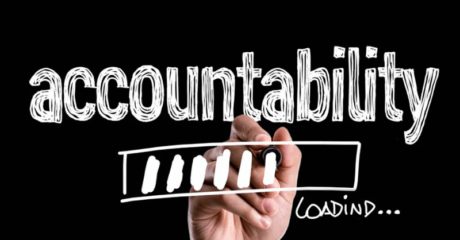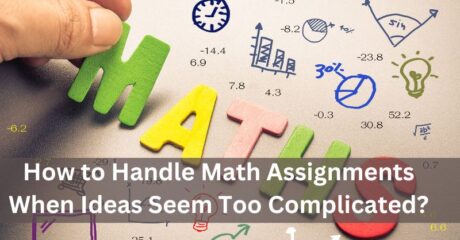
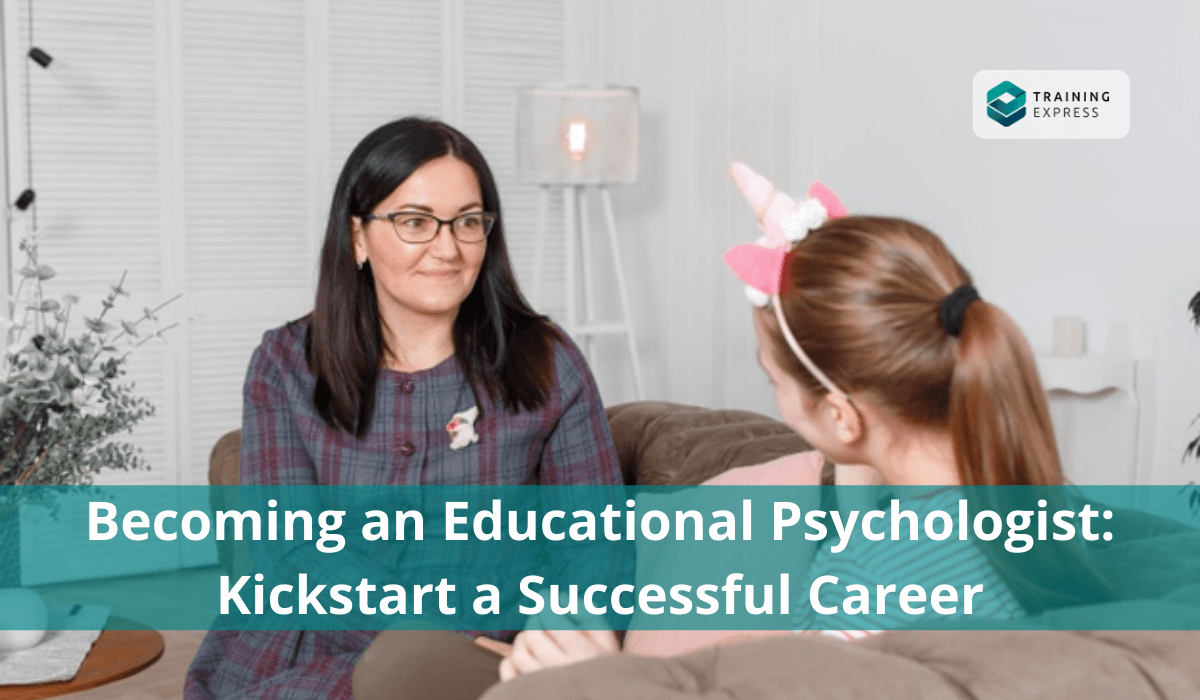
Education is the basic right for every human being. But everyone doesn’t learn in the same way. While one child gets a grasp of learning right away, some children struggle to adjust to school. Educational psychologists work with children, parents, and teachers to ensure healthy learning. Therefore, becoming an educational psychologist is engaging with the learning system of people.
If you have interest in becoming an education psychologist, you are in the right place. This article will give a bird’s eye view of the career of an educational psychologist. So you will look at everything you need to be in order to become an educational psychologist.
Table of Contents
What is Educational Psychology?
Educational psychology is a study and research-related branch of modern psychology. Mainly because it deals with how a human learns and stores knowledge. Thus, it focuses on the learning process of a human being. For becoming an educational psychologist you need to have a wholesome idea of all the areas of Educational psychology.
Furthermore, this is a study of how different factors contribute to human learning. That’s why it also covers the emotional, social and cognitive process of a human. All of which contribute to learning.
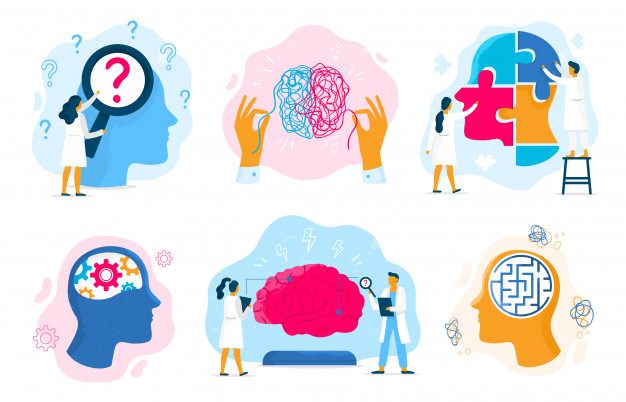
Moreover, educational psychology focuses on understanding a human. They then identify the strength and weaknesses. Hence, this field of study and career plays a great role in academic settings like school and classroom. Educational psychology covers a wide range of topics. Such as:
- First, students behaviour and outcomes.
- Second, the learning process and educational system
- Third, teaching and testing learning methods
- Fourth, learner differences while learning
- Fifth, learning disabilities
- Sixth, social and behavioural problems
- Finally, deal with gifted learners
The focus of educational psychology is on children and adolescents. But as more people are continuing education, the field also focuses on adult learning.
History
You can find a trace of education psychology in Sir Francis Galton’s work. The work on association and sensory activity. Also, it is in Stanley Hall’s book The Contents of Children’s Minds (1883).
In the field of educational psychology, Edward Lee Thorndike was the major contributor. He designed a method to test and measure children’s intelligence and their ability to learn. He also published the book itself Educational psychology in 1903. In 1910, he started the Journal of Educational Psychology.
Moreover, areas like cognitive and behavioural psychology is also a part of educational psychology.
What is the Importance of Educational Psychology?
Education has become a complex system. Hence, one school may prefer an interactive learning process. In contrast, another school might follow a strict teacher-oriented classroom. Also, each student behaves and learns differently. Educational psychology, therefore, promotes teaching and learning for every individual. It understands that everyone does not learn in the same way.

For many of us, going to school and achieving educational success is one of the most normal parts of our life. But some people struggle with it. For these people, school and education can be frustrating. In some cases they cause behavioural issues and also lead to illiteracy.
Educational psychology essentially finds the best way to blend in a learning environment. In recent years its major contribution was to help children with learning disabilities. As a result, kids with ADHD, dyslexia, depression, and autism started to get help and learn better.
Moreover, education psychology looks at the aspect of learning as a whole. It doesn’t stop only inside a classroom. It involves how a person can learn in every situation.
What does an Educational Psychologist do?
The educational psychologist (EP) studies the cognitive development of learners. As a result, they analyse our brain, behaviour and the capability to learn. They assist children and the young one in learning. Mainly they help when the child is dealing with:
- Emotional,
- Social problems and,
- Learning disabilities.

For becoming an educational psychologist you need to know their purpose. Therefore, EP applies human development and psychological theory. This is to identify problems and improve emotional and social wellbeing. Firstly, you have to carry out assessments to find the skills and issues of a student. As a result, it enforces a better atmosphere for learning.
Secondly, as an EP, you have to be a researcher, observer, and consultant. You have to do tests and conduct interviews. At the same time, identify the problem of a person. After doing so, you have to give an appropriate solution to overcome the problem. It involves suggesting –
- Learning programs,
- Behaviour management strategies,
- Relaxation techniques,
- Collaborative work with teachers or parents.
Moreover, you also have to give training on behaviour and stress management. Especially for students who have a learning problem and their parents and teacher. An advanced part of becoming an educational psychologist is doing research. It also includes giving educational solutions and policies.
Thus, various topics that educational psychologists are working on include:
- Educational Technology: Analysing how different types of technology can enhance students’ learning process.
- Instructional Design: Designing learning and educational materials depending on students’ needs.
- Special Education: Assisting students who may need specialised instruction and care.
- Curriculum Development: Formatting curriculums that will enhance learning positively.
- Organisational Learning: Studying how people learn in different kind of situations
- Gifted Learners: Identifying and helping students who are gifted learners.
What does an Educational Psychologist Assess?
Becoming an educational psychologist means you have to know lots of test and research techniques. EP work alongside schools, teachers, and specialists to enhance the learning of a child. So their first task is to identify the needs of the person. As a result, they carry out assessments on the child/person.

Educational Psychology Assessment
Educational Psychology assessments are a series of activities and tests. Firstly, this assessment helps to find the learning style, skills, strength, and area of need of a child. The assessment results are useful to provide treatment. Based on it, EP advises teachers and parents, anyone in direct line with the learning process of a child.
Through this assessment, EP can check a child’s behaviours. They also check concentration, attention, attitude, and other factors that affect learning. These findings can be essential to solving the challenges of education. It helps to create a learning profile for children.
The cognitive assessment will measure various processing areas. For example,
- Verbal ability,
- Non-verbal ability,
- Processing Speed, and
- Working Memory.
Moreover, the score in each area will indicate ability in the various areas measured. The psychologist ensures the individual is comfortable with them first. Then they begin the assessment.
Assessment Tools
EP can measure cognitive abilities by Wechsler Intelligence Scale, Fourth Edition (WISC-IV). WISC-IV gives details about an individual IQ and, mainly, the areas of their strength and need. But the assessment results don’t only depend on the measuring system. It also depends on other attainments and observations the psychologist does.
Learning Profile
A learning profile helps to map out information about a child/young person. Firstly, it contains information about both education and their behaviour. The assessments also give IQ scores that estimate the cognitive ability of a person. This score is helpful to process how a child/person will perform in an education environment.
Furthermore, the learning profile helps to create a better understanding of the child. Such as their approaches to a given task and how they react when they fail or get praised.
Use of IQ assessment
The IQ score helps to get a detailed knowledge of the child’s/young person’s strengths and needs:
- Firstly, it can define if the individual is reaching their full learning potential.
- Secondly, the scores also help to determine the level of concentration and attention.
- Thirdly, it collaborates with other required assessments.
- Finally, it helps to identify specific learning problems.
What are the Responsibilities of Educational Psychologists?
Some EPs specialise in the educational development of a specific group. So, they work for a single group just like children, adolescents, or adults. In contrast, others focus on particular learning challenges or disabilities of a learner. An educational psychologist acts as a consultant.
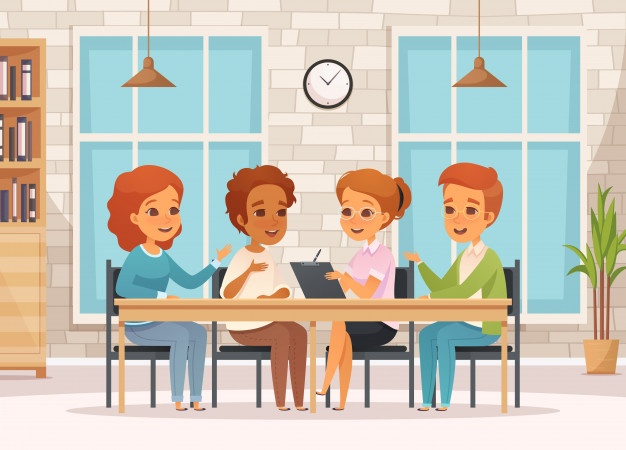
For becoming an educational psychologist, you need to be prepared for the responsibilities. These responsibilities can be:
- Research and examine children’s emotional and learning needs.
- Consult with parents, teachers, and others related to the education of the individual.
- Write reports on diagnosis and treatment for children who are having problems.
- Create personal, educational plans with teachers and other staff members.
- Design, develop and support reliable therapies and behaviour management programs.
- Team up with other psychologists. Offer the best approaches for learning and development.
- Design and develop classes and programs. Especially for exceptional children and young people to motivate learning.
- Maintain student records. Just like special education reports, confidential documents, services provided history and behavioural data.
- Train, support, negotiate and advise teacher, parent and other educational specialists.
- Design learning and classroom materials. Just like a lesson plan and learning method to motivate learning.
- Attend seminars with multidisciplinary teams. Learn and share new ways to deal with social, emotional, behavioural and learning needs.
- Do continuous research and study and stay up to date with any new findings.
- Help an individual deal with trauma and loss and increase mental wellbeing.
- Give reference to students and their families to appropriate medical or social services.
- Assist foster care and foster parents to take care of their children.
- Provide educational programs on classroom management, teaching strategies, or parenting skills.
Do you Know What you need for becoming an Educational Psychologist?

Becoming an educational psychologist needs years of education, training, skill and experience. It can be a demanding and rigorous process. You have to make it a career goal right from the beginning when you start your higher education.
Skills and Qualities
You also need to hone many skills to do research, analyse and make a proper diagnosis. The skills and qualities that will help you in your career growth are:
- Excellent communication skills
- Analytical and observation skills
- Self-awareness, self-knowledge, security and self-belief
- Time management skills to be able to manage a case
- Adaptability and open-mindedness
- Sensitivity, tact and diplomacy
- The ability to address emotional issues with individuals
- Work under pressure
- Understanding of cultural and religious diversity
- Curious and research-minded
- Team worker
- The ability to be assertive, persuasive and an effective facilitator
- Independence and self-motivation
- Understanding cultural and religious differences
How Much does an Educational Psychologist Earn?
The average Educational Psychologist salary in the UK is £41,600 per year. Therefore, this makes the monthly salary around £2,650. Hence, it is 41% more than the average pay scale of the UK. The starting salary can begin from £35,700, and the highest salary can exceed £65,000 per year.

- Firstly, an entry-level EP with three years of experience or less can earn an average of £35,700 gross per year.
- Secondly, a mid-career EP with 4-9 years of experience earns approximately £39,600,
- Thirdly, an experienced EP with 10-20 years of experience makes on average £55,300.
- Finally, EPs with more than 20 years of experience earn £59,200 on average.
An educational psychologist needs to work from Monday to Friday and 37 hours per week. It may vary due to different events and programs at school or institutions.
- Firstly, you may work from the office and travel to school and the client if needed.
- Secondly, You have to be a part of a multidisciplinary team. So you need to work closely with the teacher, social worker, and doctors.
- Thirdly, an experienced EP can work on their own and do freelance work. The work will be related to an individual client or within specific sectors.
- The work can be challenging. Because it needs you to communicate with children and people with many difficulties.
Employers
An Educational Psychologist might work in:
- Educational institutions and colleges
- Community environments
- Private consultancies
- Hospitals
- Nurseries
- Social enterprises
- Schools (public and independent sector)
- Special units Voluntary and charitable organisations
We are At the End
Finally, a career as an educational psychologist is full of responsibility. But it is also one of high reputation. It also takes lots of hard work and time for becoming an educational psychologist. Here are some fundamental things you need to know about becoming an educational psychologist. To learn more, join in our
- Available Courses
- Healthcare136
- Mandatory Training1
- Administration & Office Skills1
- HR & Leadership2
- Charity & Non-Profit Courses26
- Job Ready Programme30
- Animal care10
- Law11
- Quality Licence Scheme Endorsed112
- Teaching16
- Teaching & Academics Primary29
- Accounting & Finance Primary37
- Training5
- Design23
- IT & Software196
- Health and Safety432
- Marketing34
- Career Bundles134
- Construction53
- Electronics30
- Hospitality27
- Health and Social Care252
- Child Psychology39
- Management389
- Business Skills286
- First Aid75
- Employability271
- Safeguarding77
- Food Hygiene107
- Personal Development1419
 Food Hygiene
Food Hygiene Health & Safety
Health & Safety Safeguarding
Safeguarding First Aid
First Aid Business Skills
Business Skills Personal Development
Personal Development



